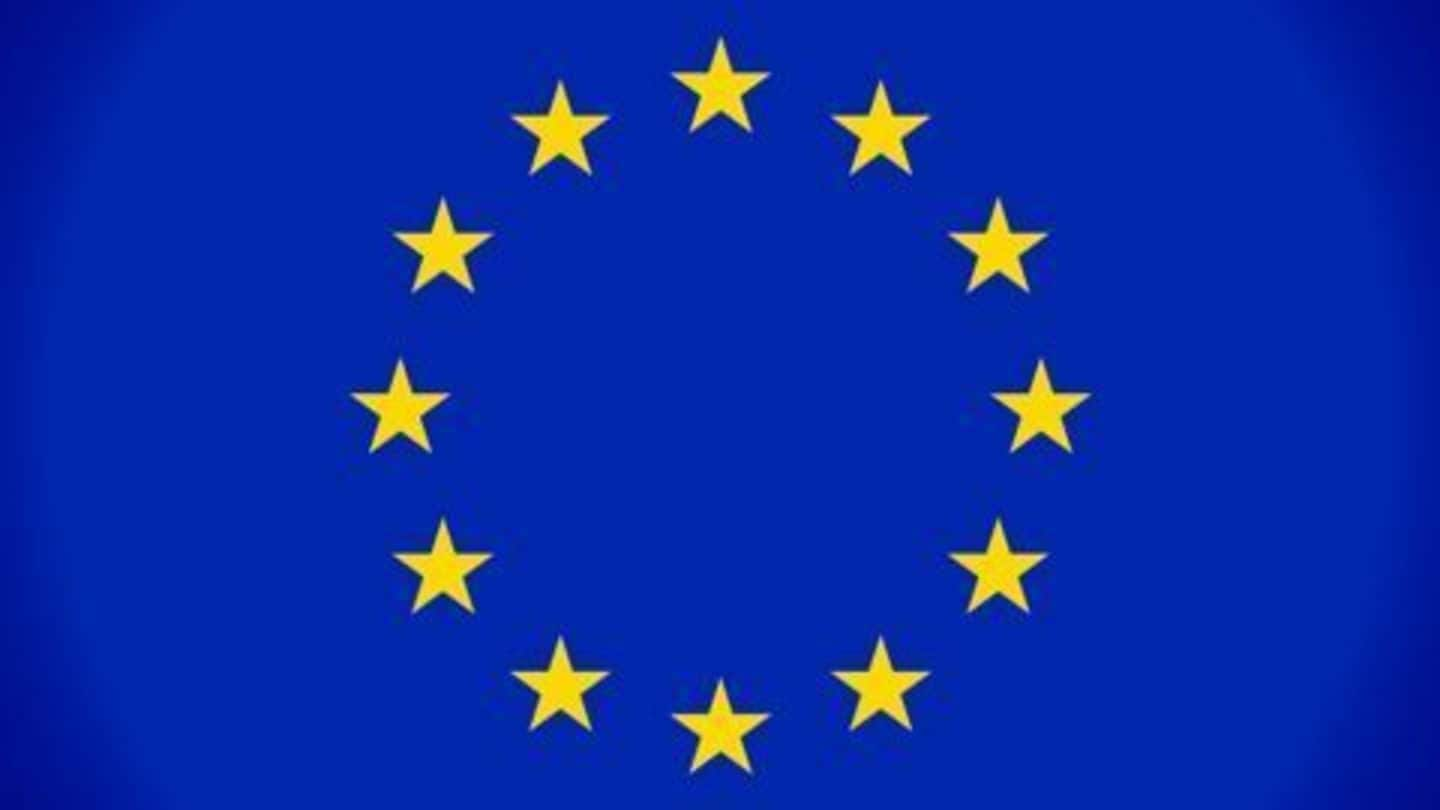
European Union to launch a big defence research plan
What's the story
The European Union is going to unveil its biggest defence research plan in over a decade. EU wants to reverse billions of Euros in cuts and send a message to US President-elect Trump that Europe intends to pay for its security. The European Commission proposes a defence fund and lifting a ban on the EU's common budget and development bank investing in defence research.
Quote
EU Foreign Policy Chief Federica Mogherini's statement
"Europe has to be very careful that the investment gap is not translated into an ever-wider technology gap. If left unchecked, this could translate into a political gap which would clearly not be in our interest."
Defence Fund
The defence fund expected to be created in 2017
The bloc's main proposal is an investment fund for defence allowing the EU governments that pay into it to also borrow and ensure resources are always available for joint military programmes like drones or helicopters. The fund, expected to be created in 2017, could be backed by European Investment Bank to finance projects if governments agree to remove the ban on supporting military projects.
Information
France and Germany
France and Germany mostly rely on aging military transport planes; some of their naval helicopters were grounded due to technical faults related to long years of service. German military's Tornado jets had a readiness rate of 44%, Eurofighters 52%, much below the 70% readiness goal.
Defence Research
The EU governments' defence research has fallen
With European Commission in charge of a common EU budget of €150 billion a year, France and Germany feel it is time to allow it to be utilized for defence research. European Parliament approved a €90 million pilot plan for 2017-19, and the Commission could allocate €3.5 billion from the budget between 2021-27. Since 2006, the EU governments' defence research fell by a third.
Information
EU relied on the US for warfighting equipment
Since 2006, the EU relied on the US for advanced warfighting equipment. During his election campaign, Donald Trump questioned whether the US should protect allies spending very little on their defence, raising doubts he could withdraw funding for North Atlantic Treaty Organization (NATO).
Britain's Exit
Brexit, the removal of an obstacle to deeper defence cooperation
An earlier plan by the European Commission in 2003 failed to win over governments. But now Germany, France, and Italy see Britain's exit as the removal of an obstacle to deeper defence cooperation, given Britain's fears about a European army run from Brussels. Britain's exit removes one of the biggest EU budget contributors; it is unclear whether Britain would collaborate on defence after departing.
Defence Equipment
The EU has 19 varieties of armored infantry fighting vehicle
Germany and France feel sharing the defence fund is the only way to sustain adequate military forces. EU officials pointed to the 2001 merger of missile system companies in France, Italy and Britain to create MBDA, the only European group to design and manufacture world-class missile systems. The EU has 19 varieties of armored infantry fighting vehicle while the US has only one.